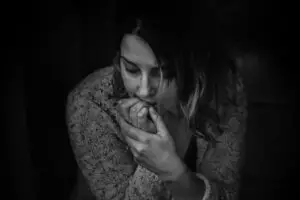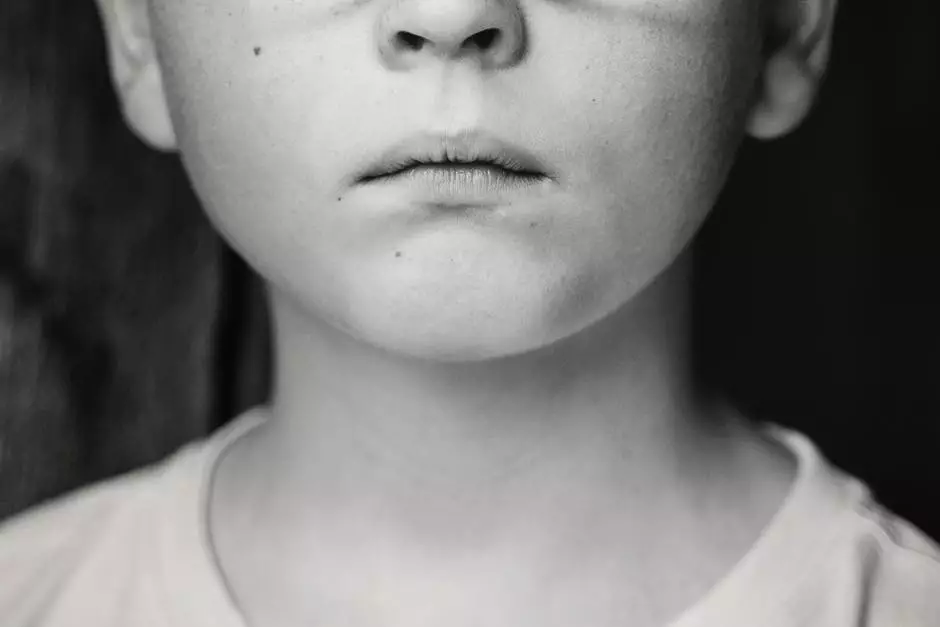While someone suffering from alcoholism in Pompano is the most visible and most affected by the addiction, there are other people affected such as their friends and family. One of the most obvious yet generally invisible victims of alcoholism are the children of alcoholics. It hasn’t been until recently that research into the effects of children of alcoholics, both adult and adolescent, has gained attention.
Children whose parents are alcoholics tend to take the role of ‘superchildren’, one in which the child becomes the caretaker of the family and sometimes even the parents, ensuring the household continues to function as they best as possible. The role can put them into a guilt over being unable to ‘save’ their parents, leaving long lasting emotional scars that last well into their adult years. Being forced into a position of responsibility combined with little guidance beyond simply picking up social cues from other functional families can lead them to grow up with codependency, which is essentially a maladaptive need for a relationship who has stopped functioning in a self-reliant way, generally due to substance abuse issues of their own.
Growing Up
As an adult, with a codependence tendency, they may find themselves unable to confront their mate or spouse about their problem while insisting on taking care of them, mirroring in many ways their relationship with their parents, where they don’t have the ‘power’ to tell their parent to face their addiction but still put in a position of caretaker. Many adults develop obsessive-compulsive disorder centered around the need to be ‘perfect’ and a frequent disposition of putting others in front of themselves beyond what an average person would consider necessary. If they find themselves in a relationship in which their partner is suffering from addiction, they may even feel the same guilt for not being able to ‘cure’ their illness. As an added complication, they may also inherit genetic traits which also put them into the risk of becoming alcoholic themselves.
Groups such as “National Association for Adult Children of Alcoholics” have been bringing attention to the issue and gaining members fairly rapidly, moving from about 20 members around 2010 and having more than 7,000 members by 2016. It’s estimated that just over forty percent of the adult population has been exposed in some way to some form of alcoholism. That’s approximately 78 million people. Of those, it’s estimated about 28 million of them had at least one parent who was an alcoholic.
While it may be too alarmist to consider these statistics an ‘epidemic’, there does exist a very urgent need to soberly look at this very real part of life for many people. To stop the cycle of addiction, it begins with knowing how it manifests and in this case how it can foster more addiction or even directly create it if the children grow up to be alcoholics themselves.


